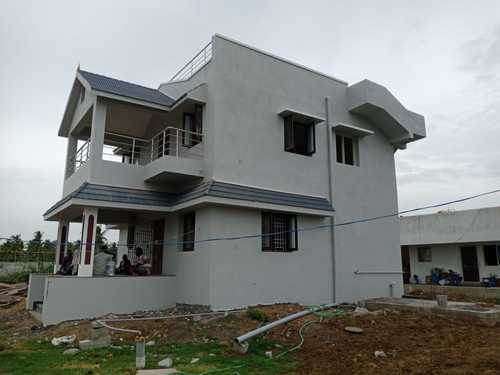6 Key Principles for Efficient Project Planning
In an age dominated by rapid technological advancement and a fiercely competitive business environment, effective project planning is more critical than ever. The success of any venture – be it launching a product, orchestrating a marketing campaign, or managing a construction project – hinges upon its planning stage. A properly laid out plan ensures that resources are utilized efficiently, potential pitfalls are anticipated, and project objectives are met seamlessly. Here are six foundational principles that have not only helped me but have also proven instrumental to many project managers globally, including the creators of milestone pm, a comprehensive suite of project management tools.

Content
1. Begin with a Clear Objective
Knowing the desired end result is half the battle. Starting without a clear objective is akin to embarking on a journey without a destination in mind. While on this topic, it reminds me of how ancient navigators relied on constellations for guidance. Read more about the 8 influences of ancient civilizations on modern society to gain insights on how past methods shape our present.
2. Resource Allocation & Management
No project can progress without resources, and it’s essential to ensure that you’ve allocated them correctly. Tools and resources should be earmarked based on the specific needs of the project stages. It’s a principle as vital as ensuring that a ship has the right wind to propel it. Speaking of ships, if you’ve got one, don’t make the 8 mistakes to avoid when insuring your boat.
3. Stakeholder Communication
Maintain a constant line of communication with all stakeholders. These can be your clients, team members, or any third-party involved. Regular updates keep everyone in the loop and foster an atmosphere of trust and transparency.
4. Flexibility
It’s essential to strike a balance between sticking to the plan and being flexible. No matter how comprehensive your initial planning is, unforeseen challenges can arise. Flexibility ensures that the project can adapt to new circumstances without compromising its fundamental goals.
5. Monitor & Control
This principle focuses on tracking the progress of the project against its plan. It’s about making sure the project remains on track and implementing corrective measures when deviations occur. Just as one would monitor their health, businesses need to keep a pulse on their projects. If you’re keen on optimizing your personal health, especially your spine as you age, there’s a great guide on how to maintain a healthy spine.
6. Risk Management
Every project comes with its set of risks. It could be financial, operational, or even reputational. Identify potential risks early on and prepare a set of strategies to tackle them.
To sum it up, efficient project planning is a combination of understanding objectives, allocating resources, maintaining open communication, being flexible, monitoring progress, and managing risks. By adhering to these principles, the chances of your project’s success multiply manifold. It’s the reason why tools like PM Milestone are indispensable for project managers worldwide, enabling them to streamline their processes and deliver successful projects. Keep these principles in mind, and your next venture will be a resounding success.
The Importance of Team Dynamics
The best-laid plans can fall apart if the team isn’t in harmony. Team dynamics play a pivotal role in the execution of a project plan. Every individual in the project team brings a unique skill set, perspective, and experience level. Understanding each member’s strengths and leveraging them appropriately can make the difference between a project that runs smoothly and one that faces constant hurdles. Regular team meetings, team-building exercises, and open channels of communication can foster a positive team dynamic, ensuring that everyone is on the same page and working collaboratively towards the project’s objectives.
The Power of Continuous Learning
In the ever-evolving landscape of project management, one thing remains constant: the need for continuous learning. Trends change, technologies evolve, and methodologies get refined. For a project manager, staying updated with these shifts can be the key to adapting and overcoming challenges. This doesn’t just mean formal education or certifications—though they can be beneficial. Instead, it’s about cultivating a mindset of curiosity and a hunger for knowledge. By staying in tune with industry best practices, attending seminars, or even just learning from past projects, managers can hone their skills and bring added value to their planning process.
Embracing Technology
In today’s digital age, ignoring technology isn’t an option. Software tools, apps, and platforms have transformed the way projects are planned and executed. While the core principles of project planning remain the same, technology acts as an enabler, making processes more streamlined, efficient, and data-driven. Whether it’s cloud-based collaboration tools that allow real-time updates or AI-driven analytics that offer insights into potential risks, embracing technology can be a game-changer. It’s not about replacing human intuition or expertise, but rather augmenting it, ensuring that project managers have all the tools they need at their fingertips.

I am Scott Miller and my love is writing about home improvement. I write mostly about home ideas, but also share some tips and tricks that can make your life easier when it comes to getting things done in the house.












